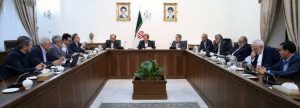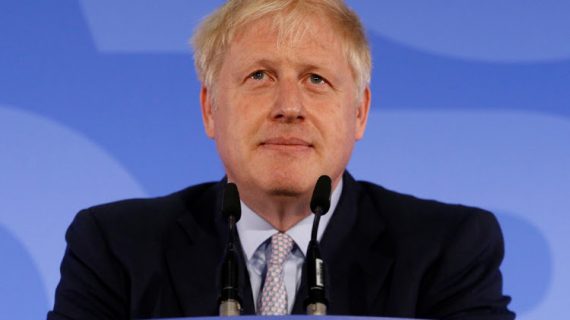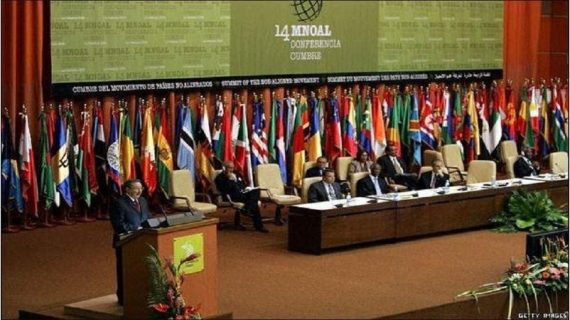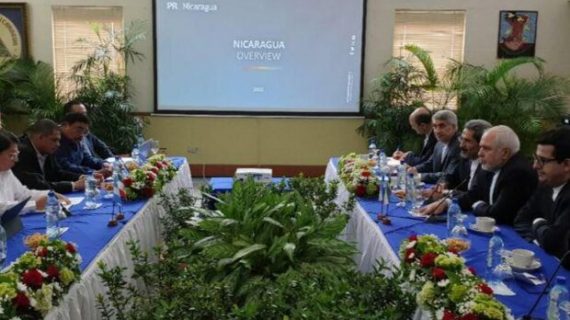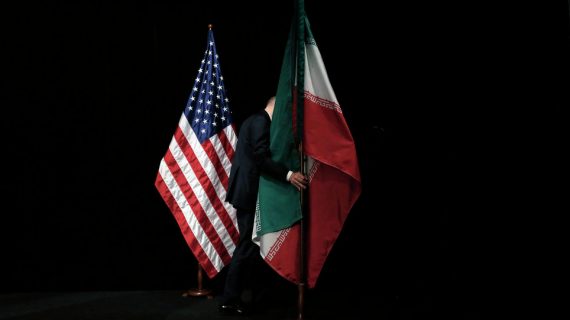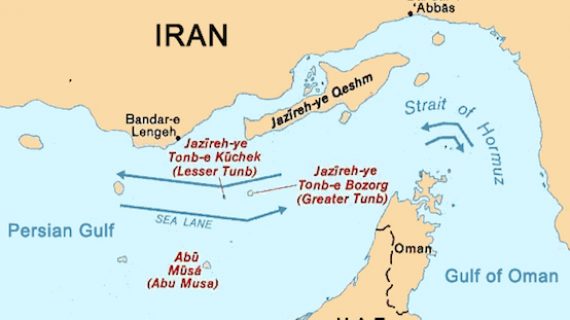Iran Plans New Forex System
Although businesses may not agree with the way the exchange rates are being unified, they do welcome the fact that it has finally happened
Reported by HPMM Group according to FINANCIAL TRIBUNE ; First Vice President Es’haq Jahangiri said on Sunday the government intends to establish a “new foreign exchange system” that will be in the country’s national interests.
Jahangiri added that task groups in related entities such as the Central Bank of Iran and the Ministry of Industries, Trade and Mining have been formed to consider all proposals concerning the foreign exchange market.
He made the statements during a special government meeting for the forex market, which was also attended by Economy Minister Masoud Karbasian, Industries Minister Mohammad Shariatmadari and CBI Governor Valiollah Seif, Fars News Agency reported.
Seif said at the meeting that the new forex system is being established and CBI would seek the advice of others to organize the forex market and instill transparency into the country’s forex operations.
The government announced late Monday that it would enforce a single exchange rate for the US dollar and other currencies, banning all unregulated trading after the rial hit an all-time low.
In what was regarded as a drastic measure, the government also set the official rate at 42,000 rials to the dollar. First Vice President Es’haq Jahangiri said trading at any other price was forbidden and would be considered “smuggling”.
The decision came after a two-day surge in prices of foreign currencies that saw the rial trading at 62,000 to the dollar.
Private Sector Qualms
As the new rules for the foreign exchange market set in, private businesses have found themselves in a peculiar situation.
The private sector has long been a strong proponent of unifying the foreign exchange rate. But when the government unexpectedly announced on April 9 that it had unified the US dollar’s exchange rate at 42,000 rials, the move was not perceived as a pro-market initiative.
Although businesses may not agree with the way the exchange rates are being unified, they do welcome the fact that it has finally happened.
“Private sector activists were encouraging the government for months to unify the dollar’s exchange rate because a multiple-exchange rate had fostered corruption and rent seeking in our country’s economy,” said Mohammad Reza Najafi-Manesh, the head of a commission at Tehran Chamber of Commerce, Industries, Mines and Agriculture, which seeks to improve the business climate.
Najafi-Manesh also told TCCIM’s website that the government’s measures in managing the forex market have stirred optimism among businesses and they consider them as “totally positive”.
Najafi-Manesh, however, noted that an exchange rate of 45,000 rials would have been closer to the real rate and hoped that in the future, the government would allow the open market exchange rate to prevail.
Prior to the government’s latest decision, Iran used two exchange rates: one official set by CBI for then import of essential commodities and one set by the parallel market. However, as the situation grew more complex and CBI’s market interventions took new forms, other rates for the US dollar emerged.
Nevertheless, the business community has unequivocally opposed the government’s decision to enforce foreign exchange controls, especially mandating exporters to bring back their foreign exchange earnings back into the country.
At their first meeting of the current Iranian year (started March 21) on Saturday, the head of Tehran Chamber of Commerce, Industries, Mines and Agriculture unanimously considered the decision as an impediment to exports.
Stressing that controlling the export earnings of merchants is wrong, Masoud Khansar said these earnings can be registered but they should not be controlled.
In an editorial published in the Persian financial newspaper Donya-e-Eqtesad, Mohsen Jalalpour, the former head of Iran Chamber of Commerce, Industries, Mines and Agriculture and a prominent businessman, also censured the forex controls, saying that they are a repeating the mistakes committed by former governments.
Describing the act as an obstacle to businesses, Jalalpour predicted that the policy would fail.
The Cabinet ruled this week that all exporters need to bring back their export earnings to the country’s “economic cycle” through procedures set by the central bank.
Exporters are required to sell their hard currency to the banking system or deposit it in domestic banks.
In a previous measure, CBI also restricted the amount of foreign currency citizens can hold outside of banks to €۱۰,۰۰۰٫ It warned in a statement that if people failed to abide by the cap, they risked prosecution for “smuggling”.
The rial’s slide, which accelerated from the early days of the current Iranian year, had caused concerns among the public and the business community.

